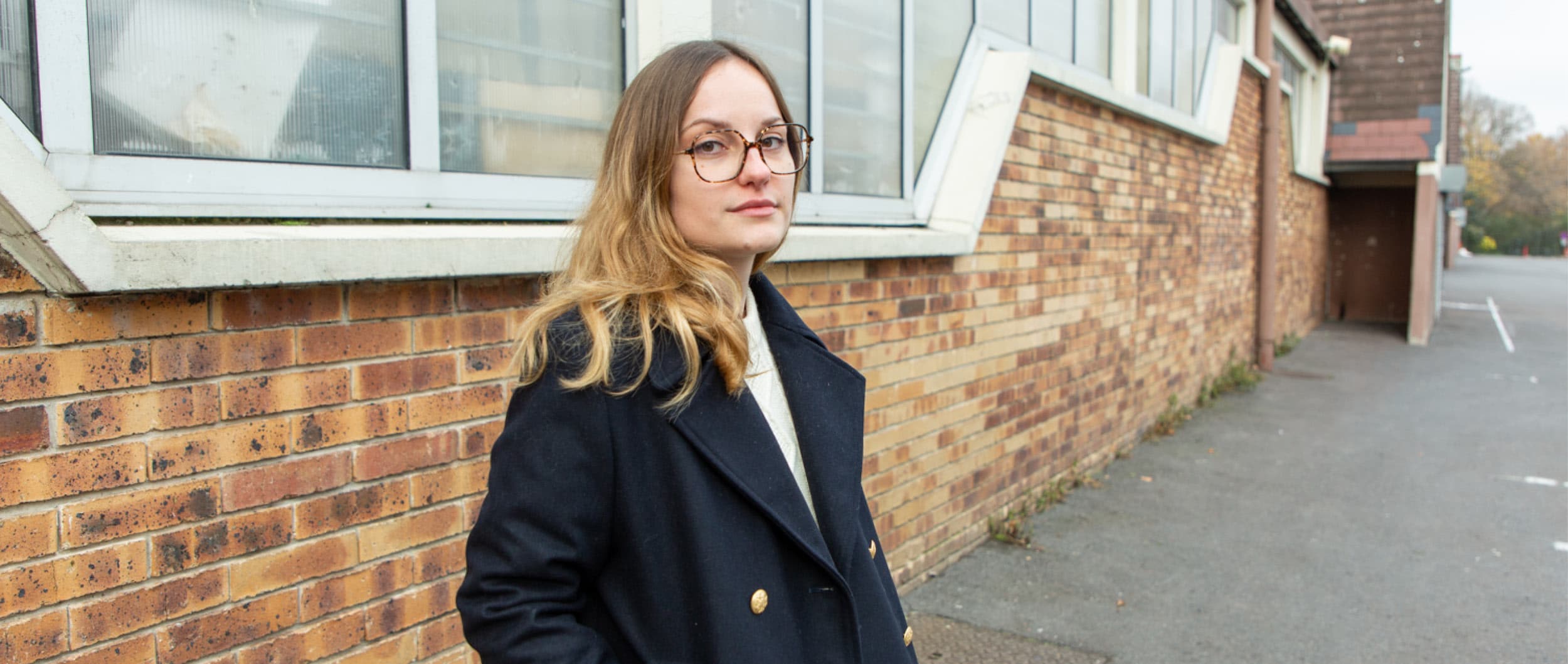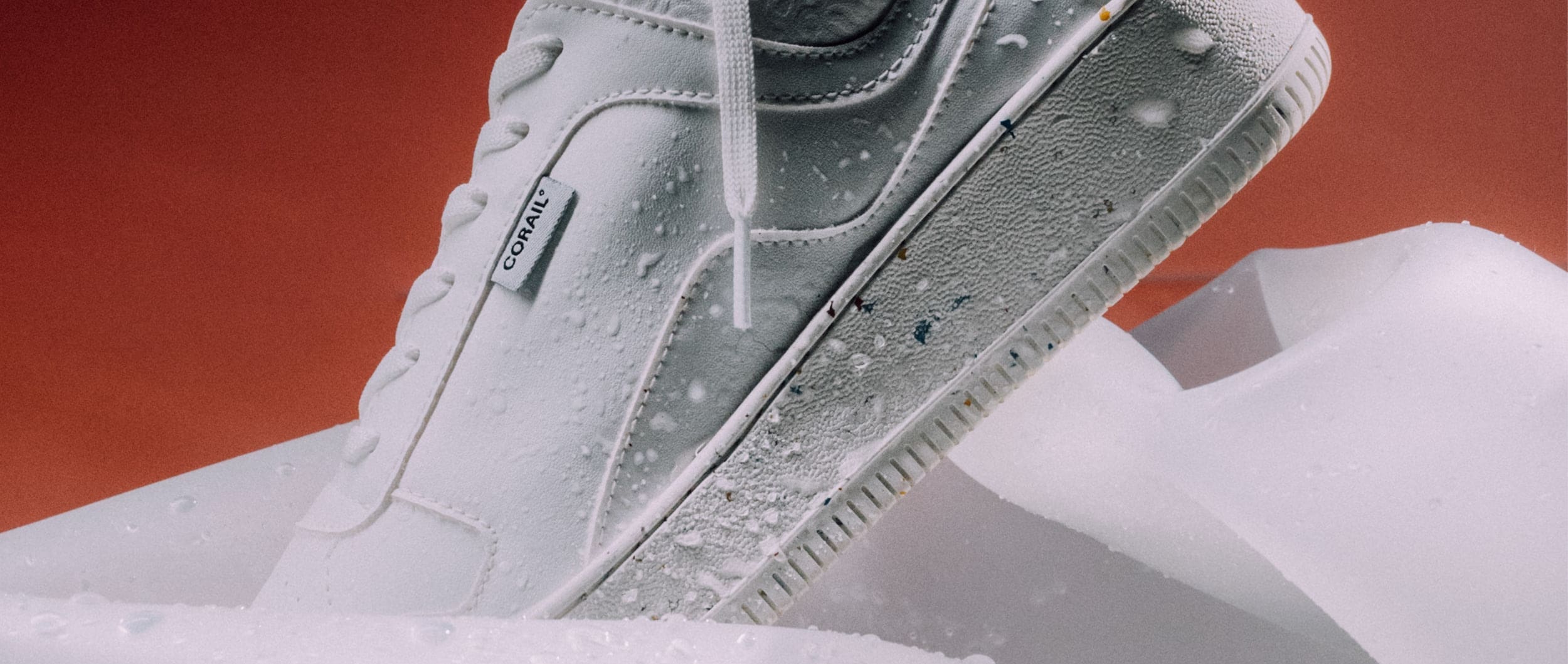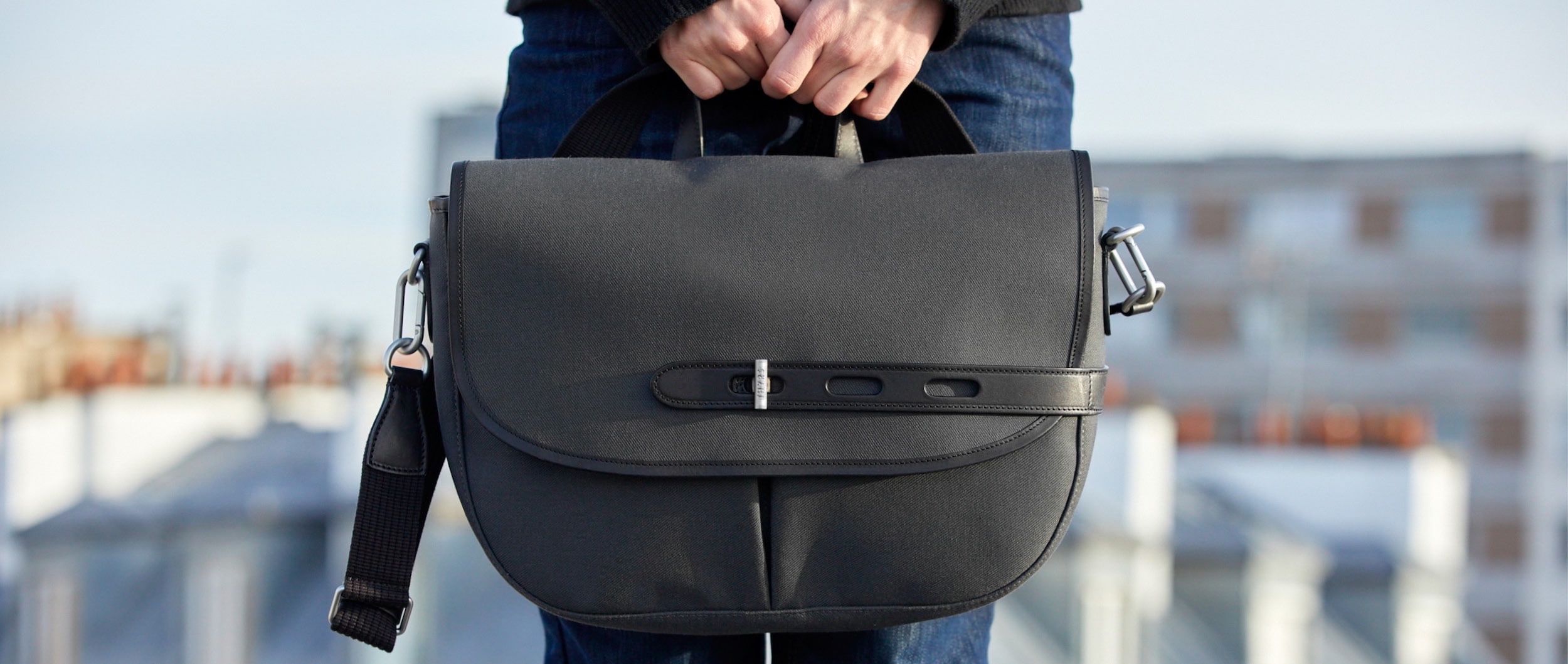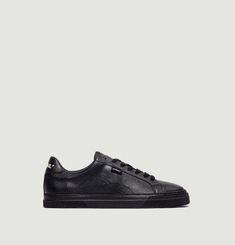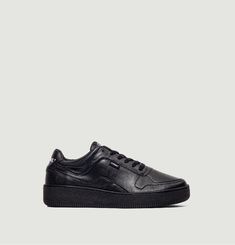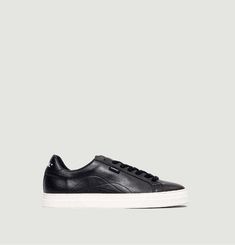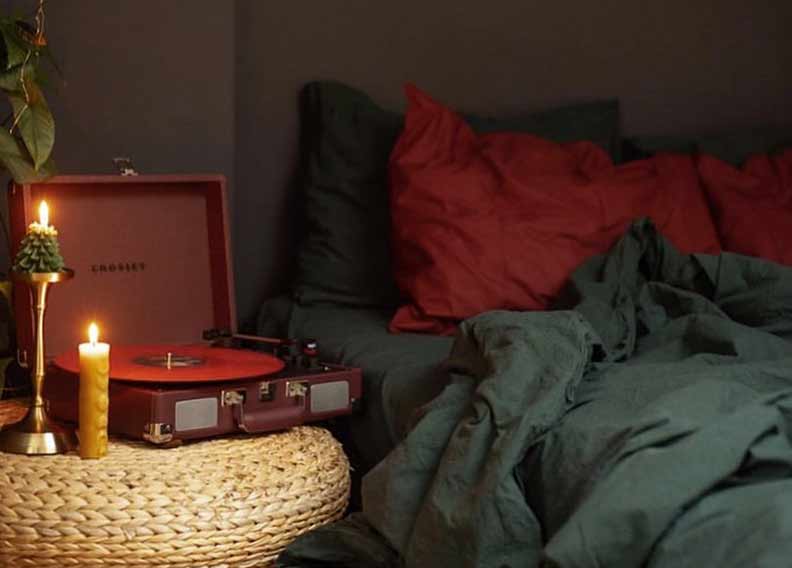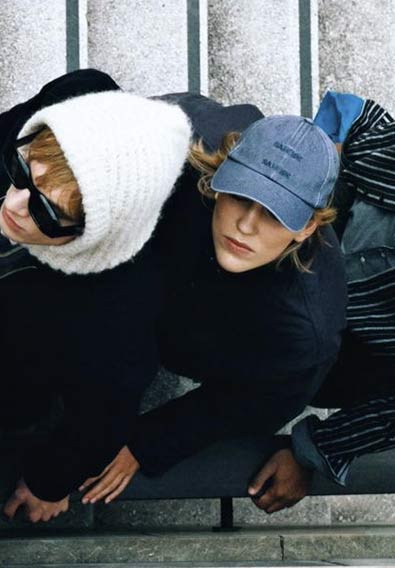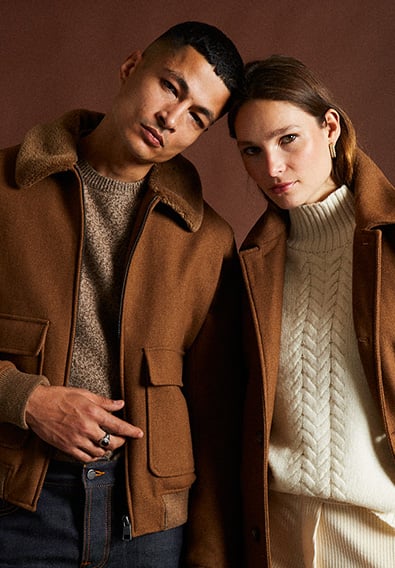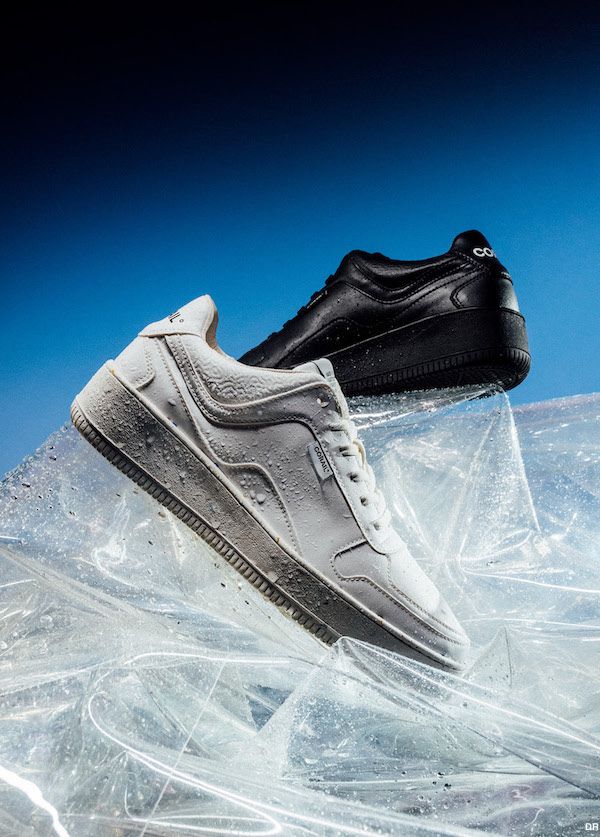
Where did you get the inspiration for the name "Coral"?
Paul: Coral refers to the sea animal that we know. It is a symbol: Coral is the first victim of plastic pollution in the seas. Coral bleaching is partly related to plastic pollution. But when corals disappear, the whole marine world is deteriorated. It's a name that carries meaning, because the goal of the mission is ultimately to make corals breathe better.
Can you describe the beginning of the Coral adventure? What was the trigger?
Paul:I started Corail with Alexis, who I met a little over 10 years ago. We always told ourselves that we would build our company together. Both of us were interested in social business. We started at L'Oréal, and that helped us, because we took responsibility early on (we were product managers for five years).
One day, we found ourselves in Marseille on a weekend, and as we were going to the beach, we noticed that we were swimming in the middle of the waste. So we wanted to solve the problem of this plastic pollution.
At the time we launched in 2018, Adidas had released a pair of recycled plastic sneakers, and we thought the principle was cool. However, Adidas didn't give the source of the bottles that were used to make the sneakers. This is then the fundamental idea of our project: to be able to know the origin of the waste that we recovered.
Making a sneaker from a plastic bottle, it seems amazing, can you tell us more about the manufacturing? How do you go from a used bottle to an aesthetically pleasing and durable sneaker?
Paul:We mine the bottles in two ways:First, there is the harvesting. For that, we have two sources for our raw material. We work hand in hand with fishermen in Marseille, who harvest the bottles on the surface with their trawls. We also work with associations that do clean walks on the beaches of Marseille. Then, we put the bottles and the remains of fishing nets in crushing machines.
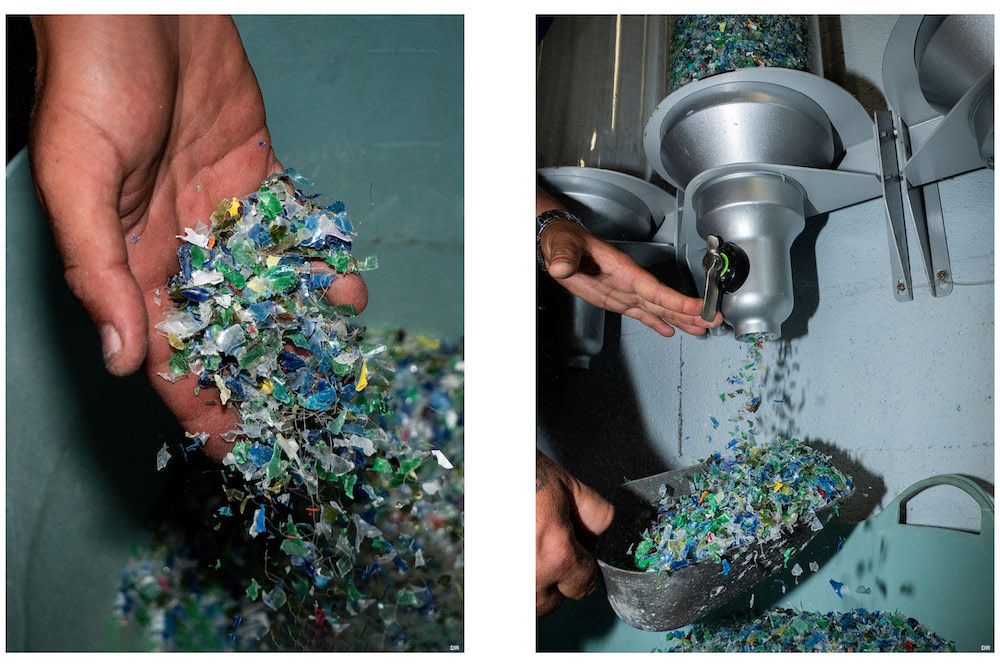
This produces a soft paste that is then cooked, which we inject into the sole, in our workshops in Portugal. This mixture of bottles and fishing nets, we call the seadust.
In addition to the soles, we turn the plastic bottles into recycled polyester thread. This is done by heating the plastic and then stretching it into a thread that yields recycled polyester, woven in France and sent to Portugal for assembly.
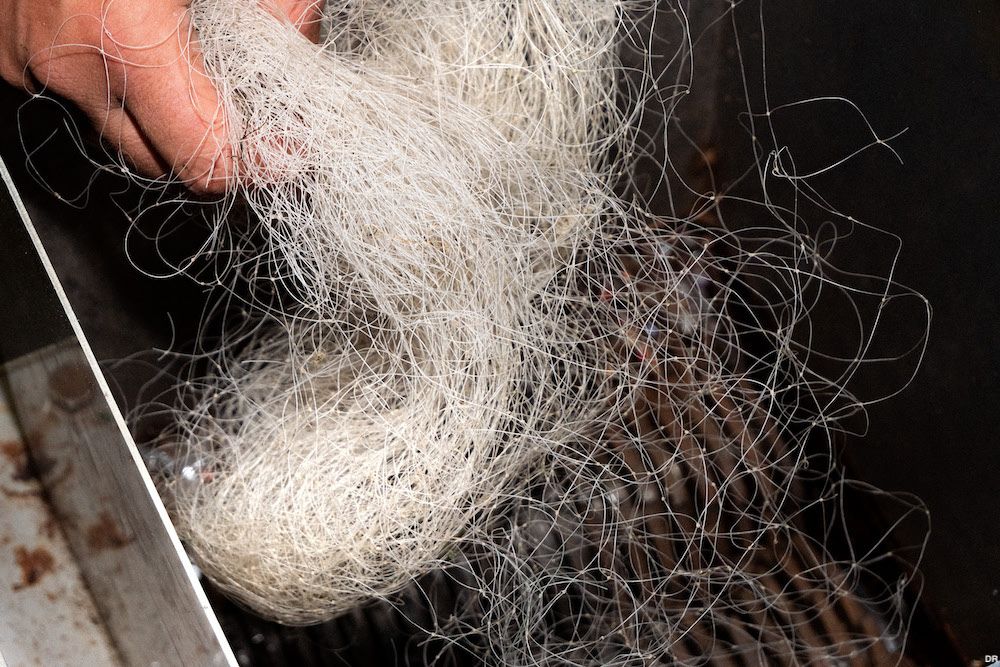
Finally, to have a leather effect on the outer material of the sneaker, we use a 90% recycled polyester base, and a Bio PU made from corn, which we apply as a layer of varnish on the recycled polyester and which allows us to find the effect of leather. Thus, our sneakers are entirely vegan.
To discover the explanatory video on the making of Corail sneakers, it's The 90 is inspired by the he Axel Arigato spirit is a minimalist, refined model, but in which we also find the Coral touch.
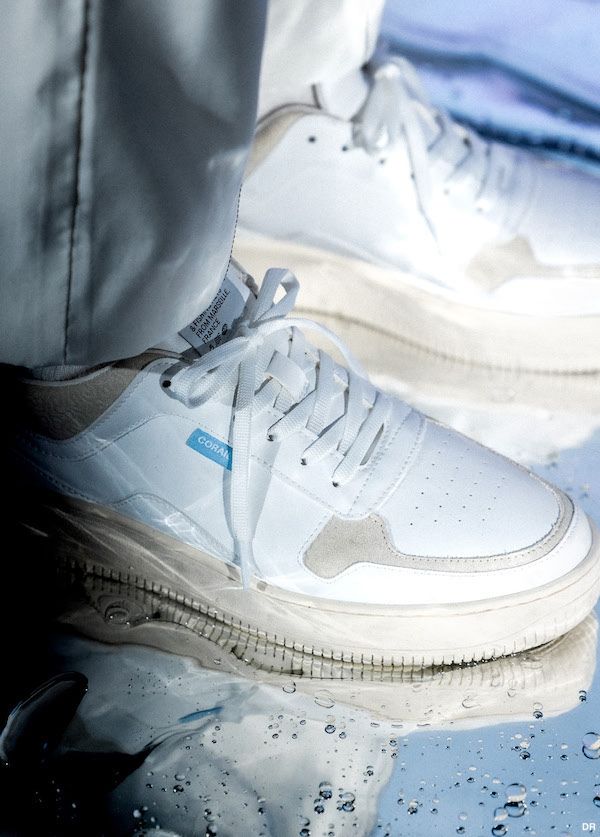
Can you tell me more about your workshops?
Paul: Our sneakers are assembled in Portugal, our raw materials come from France, Italy, Spain, or Portugal.
These are assemblies in family workshops, which work for other brands such as Axel Arigato, National Standard… These are workshops with very high quality, and which take into account eco-responsible issues. It is important for us to promote local know-how and to create short circuits that emit less CO2.
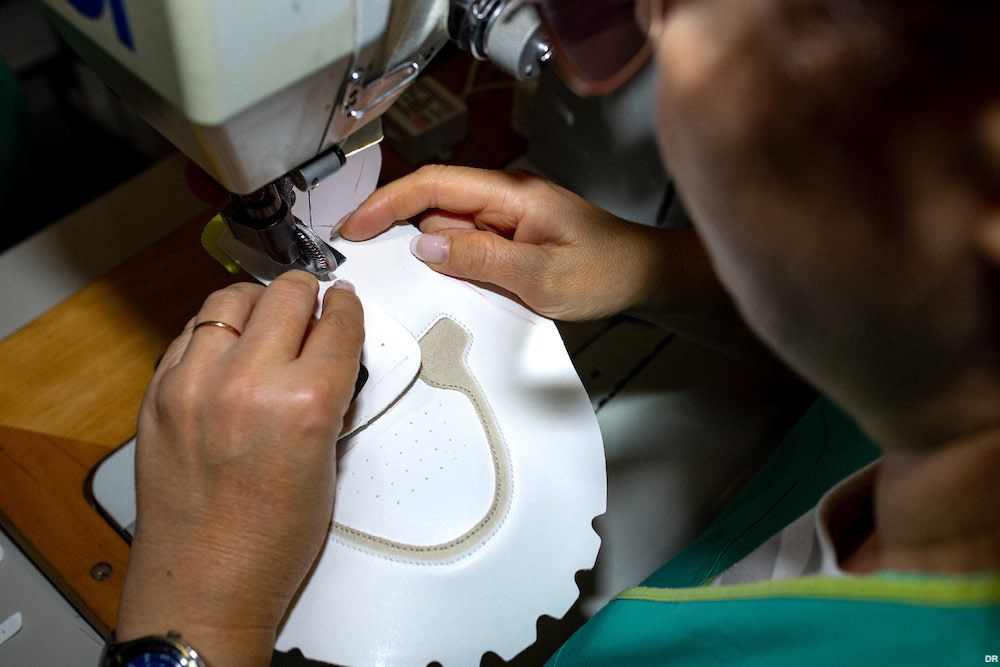
L’Exception now offers your “Marseille City” backpacks, also made from recycled bottles. What made you want to create backpacks, in addition to shoes?
Paul: The bag Marseille City backpackis made from the fabric we get with our bottles, it works particularly well for bags. We wanted to have an impact on a market in which production is not always "clean", as with shoes. The fact of producing a recycled bag made in Portugal is differentiating.
